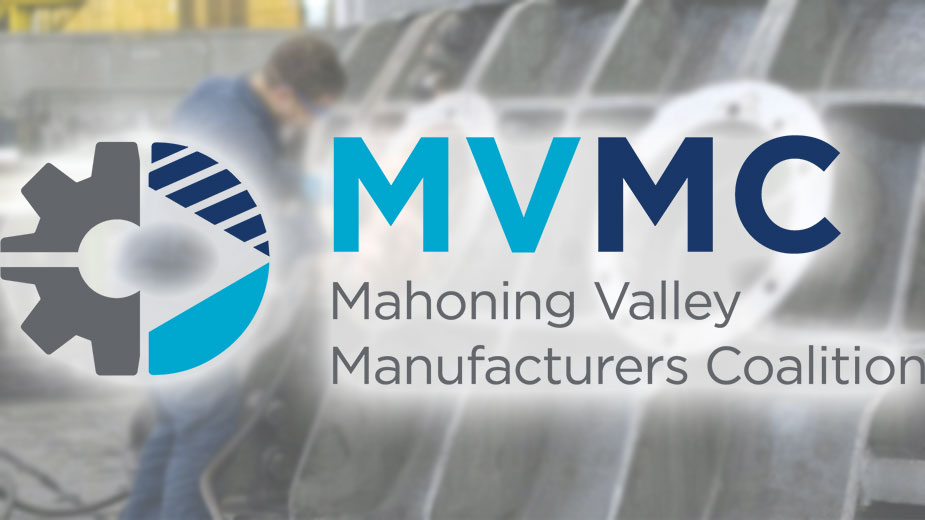YOUNGSTOWN, Ohio – Employers scrambling to fill jobs could greatly benefit from tapping into a rich talent pool made up of “hidden workers.” That is, those who are ready and willing to work but are often overlooked.
It’s a subject that the Mahoning Valley Manufacturers Coalition is addressing, beginning with the first of a series of roundtables that explore diversity, equity and inclusion in the workplace.
Area manufacturers met June 14 at ClarkDietrich Building Systems in Warren to learn about efforts to employ those with physical and developmental disabilities.
“They want to work,” said Ron Klonowski, business relations specialist with Opportunities for Ohioans with Disabilities.
The agency administers programs designed to help those with disabilities enter and thrive in the workforce. OOD connects employers with qualified job seekers, provides disability awareness training, connects employers with college students with disabilities seeking internships, and provides assistance with recruiting recent graduates.
The agency also prepares potential workers with job-coaching services, and soft-skill and social skill development, Klonowski said. “My role is to form partnerships with employers who want to work with us,” he said.
Those with developmental or physical disabilities often defy stigmas, Klonowski said. Among the first exercises at the workshop was for businesses to share their personal experiences with someone with a disability.
Each manufacturer in the room either had a family member, friend, or knew someone with a disability. All attested to their strengths and the impact they’ve had on their lives.
Klonowski shared that his son, now 26, was diagnosed with autism. As a student, his son challenged many of his teacher’s first impressions of his capabilities. “Teachers were hesitant,” he said. “But by the end of the year they were blown away at what he could do. He’s an inspiration.”
Those with disabilities represent a segment of “hidden workers,” a term coined by a Harvard Business School study that examined how this workforce is underused. This group includes veterans, immigrants and refugees, those from less-advantaged populations, those who were incarcerated, and those who lack traditional qualifications.
According to the study, 44% of middle-skill “hidden workers” reported that finding work was just as difficult before the pandemic as it is now.
“Our research revealed that long-standing and widespread management practices contribute significantly to constraining the candidates that companies will consider,” the report stated, “leading to the creation of a diverse population of aspiring workers who are screened out of consideration – or ‘hidden.’”
“I am going to work with you, learn about your company, learn about your openings and the requirements, background checks,” Klonowski said. He then takes this information to counselors at ODD, and its staff identifies appropriate candidates for open positions.
Ultimately, it’s the employer’s decision to hire the candidate, he said.
“All we’re asking is for the company to pull their résumé and give them another look,” Klonowski said. “In today’s time, with everybody looking for employees, it’s another source for good quality employees.”
The discussion was the first roundtable and workshop that MVMC plans to host devoted to these topics.
“Diversity, equity and inclusion is important to MVMC,” said Allison Engstrom, project manager. “There’s a huge wide net of individuals who are eager to work.”
